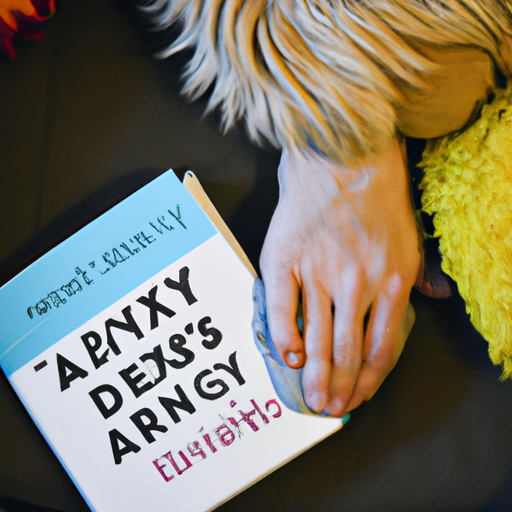“`markdown
How to Help With Separation Anxiety in Dogs
As a caregiver, it’s essential to understand the plight of our furry companions. Dogs, like humans, can suffer from separation anxiety. But don’t worry! You can help alleviate your pet’s distress. Let’s delve into how you can make a difference.
1. Understanding Canine Separation Anxiety
Separation anxiety in dogs is an extreme distress response to being left alone. Some signs of this anxiety include:
- Excessive barking or howling
- Destructive behavior
- Accidents in the house
Understanding is the first step towards helping your pet. Once you’re familiar with the signs, you can tailor your approach to their unique needs.
2. Gradual Desensitization
Desensitization is the process of gradually reducing your dog’s sensitivity to being alone. The steps include:
- Start with short absences, gradually increasing the time you’re away.
- Try not to make a big deal out of leaving or returning home.
- Leave your dog with familiar items to comfort them.
Remember, progress may be slow, but it’s essential to be patient.
3. Training and Stimulating Activities
Training sessions and mental stimulation can help keep your dog’s mind off your absence. Some activities include:
- Puzzle toys
- Hide and seek with treats
- Training new tricks
| Activity | Purpose |
|---|---|
| Puzzle toys | Mental stimulation |
| Hide and seek | Physical and mental exercise |
| Training new tricks | Reinforces bonding and trust |
Providing ample stimulation can help mitigate anxiety symptoms.
4. Professional Help
If you’ve tried these strategies and your dog’s anxiety persists, it’s time to seek professional help. Veterinarians and animal behaviorists can provide additional support and possibly prescribe medication if needed.
5. The Role of Patience and Love
Remember, overcoming separation anxiety takes time. Be patient, consistent, and shower your pet with love. Your understanding and affection are powerful tools in combating their anxiety.
Frequently Asked Questions (FAQs)
Q: How long does it take to alleviate separation anxiety in dogs?
A: The time may vary from dog to dog. It could take weeks to months, depending on the severity and the dog’s response to the changes implemented.
Q: Does medication work for all dogs?
A: Medication can be beneficial, but it doesn’t work for all dogs. It’s advised to consult with a veterinarian before starting any medication.
Q: Can I leave my dog with another pet to help with their anxiety?
A: While this may help some dogs, others might still exhibit symptoms of separation anxiety even when they aren’t alone.
Use these tips and strategies to help your four-legged friend conquer their anxiety, ensuring they are happy and healthy even when you’re away.
“`



